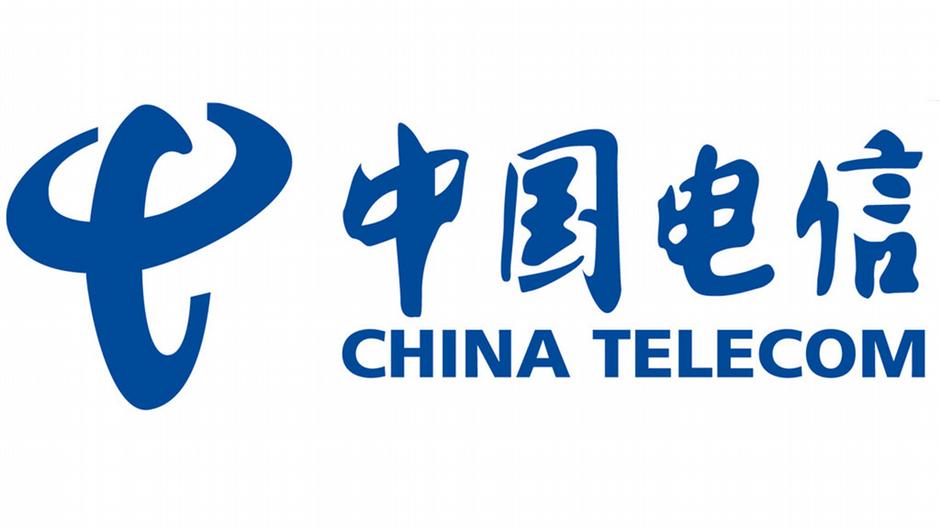SOURCE: BBC
Three Chinese telecom giants have asked the New York Stock Exchange (NYSE) to review its decision to delist them.
The NYSE initially said it would delist China Unicom, China Mobile and China Telecom on 7 January based on a Donald Trump executive order.
After a surprising U-turn in which the US stock exchange changed its mind it eventually settled on delisting them.
Following Mr Trump’s departure from the White House, the three companies have now requested a review from the NYSE.
In near-identical statements the telecoms firms, which are state-backed in China, said they “had complied strictly with the laws and regulations, market rules as well as regulatory requirements”.
The executive order from former President Trump barred Americans from investing in public companies the US government says has links with the Chinese military.
Incoming president Joe Biden has already started overturning some of Mr Trump’s executive orders although it is unclear if he will address the many that have concerned Chinese companies and national security.
Dramatic U-turn
The NYSE agreed to delist all three on 31 December, but within days it reversed the decision based on “further consultation” with regulatory authorities.
But that reversal was short lived, with the NYSE announcing just days later that it would press ahead with its initial decision to delist based on “new specific guidance” from the US Treasury Department.
Stock market index providers MSCI, FTSE Russell and S&P Dow Jones Indices all removed the telecoms firms from benchmarks this month, wiping a combined $5.6bn (£4.1bn) off the value of their Hong Kong-traded shares.
The three companies earn all of their revenue in China and have no significant presence in the US.
Like many other large Chinese companies, they have a dual listing in the US and Hong Kong.
There are currently more than 200 Chinese companies listed on US stock markets with a total market capitalization of $2.2tn (£1.6tn).
Shares of all three companies edged slightly lower on the Hong Kong stock exchange on Thursday.







Leave a Comment